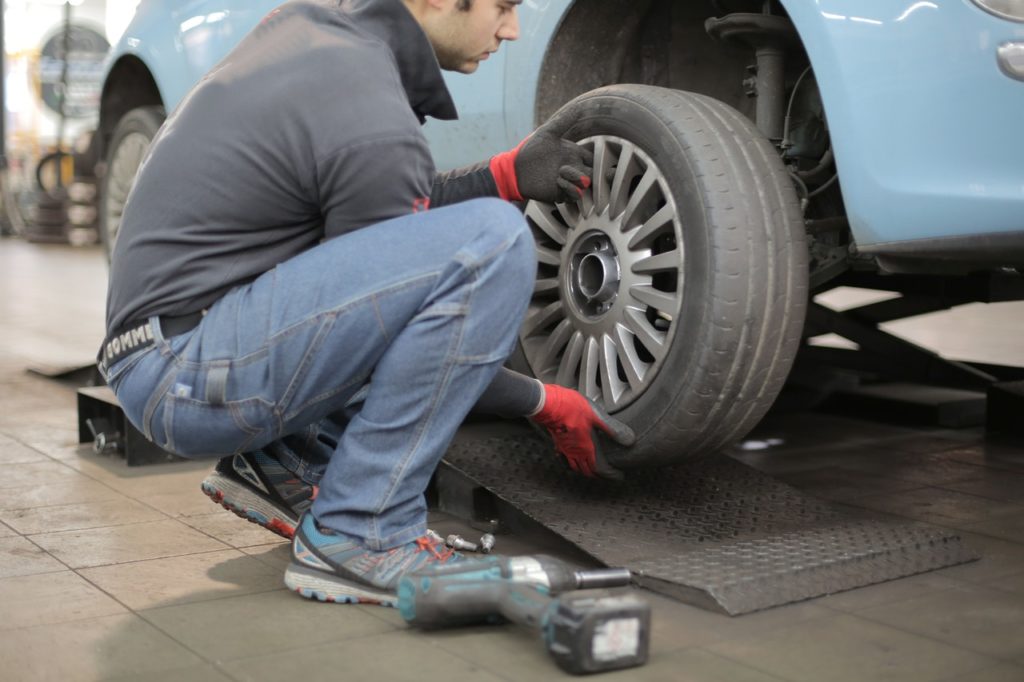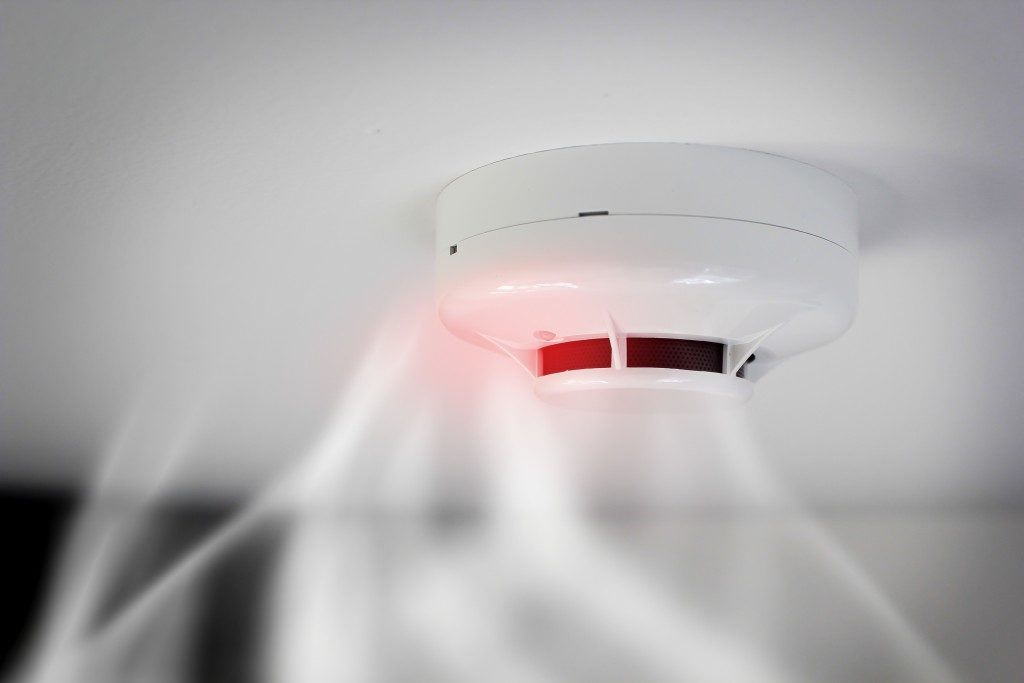Fixing vehicles isn’t just a profession or a hobby — it’s a way of life. Mechanics don’t just enter the industry because they like the grease and getting dirty but because they are actually fond of cars and how they work.
That’s why being a mechanic or an automotive shop owner is a good way to get profits out of this fascination. You can continuously improve your skills while working on your client’s vehicles, and at the same time, gain financial stability from the effort. And this is also why having a workshop at home can be a great way to practice your expertise.
Portable Car Lift
You can’t work on the underside of your car if you can’t access it freely. A car is not something that you can lift with your body alone — you will need the right equipment to do that work for you. This is only wise, seeing as you will have to get under the car to get to the brakes, muffler, transmission, axles, or tires.
Car jacks and jack stands can solve this problem without a doubt, but if you’re spending on jacks already, then why not take it up a notch and make your job easier? Instead of buying separate jacks and stands, consider investing in a mobile lifting system that you can place inside your garage at home.
The portable car lift can be a worthwhile purchase because it can allow you to work on your car whenever you need it and then keep it on the side when you don’t. You don’t need an entire auto shop at home because that can be expensive and a waste of space, but having a portable lift never hurts anyone.
Comprehensive Tool Box
Toolboxes are a must-have for any home — whether you’re a mechanic or not. It can be used for simple house repairs such as loose bolts, leaking faucets or pipes, and basically anything that you can do yourself. But for a mechanic, a toolbox can be more extensive.
It’s not possible to conduct maintenance checks and repairs without the right tools. Your toolbox might already have some pliers, safety goggles, a hammer, or a set of screwdrivers and wrenches. But to fix your car, you will need so much more.
For the sake of having a more comprehensive toolbox, you should also consider having a set of pry bars, picks, punches, and chisels so that you can be prepared for anything. A tire pressure gauge can also come in handy when you need to check if your tires are properly inflated. There’s no such thing as too many tools for a good mechanic.
Air Compressor

You might not think that you need pressurized air for your home workshop, but having one can make your job so much easier. Besides, this equipment can serve other purposes that don’t involve working on a car, such as airing up an inflatable pool, powering a spray paint gun, or stoking the fire on the grill.
But generally, you can use the air compressor to adjust tire pressure or power a pneumatic impact wrench so that you won’t have to do those gruesome tasks manually. Not only is doing those tasks exhausting, but it can also be frustrating and time-consuming.
Find a compact air compressor that is optimal for the type of jobs you need to do at home. With so many tank sizes and ratings, it can be overwhelming to decide which one is best for you. But that’s not something that you can’t solve with your skills and experience.
Stethoscope
As a mechanic, you also need an acoustic device to hear the internal sounds of your car. A mechanic’s stethoscope will help you easily locate the exact location of your car’s troubles and diagnose what the issue is. But unlike the doctor’s device, your stethoscope will have a steel probe at the end so that you can insert it within the engine, bearings, and other moving parts.
Make sure that your stethoscope is shock-proof and has noise-canceling earphones so that it can work properly. You don’t want the electrical currents to shock you as soon as you insert the probe inside the engine, especially because that can be harmful to your health.
Digital Multimeter (DMM)
It can be difficult to diagnose your car’s issues if you don’t have the right equipment, and having a stethoscope alone won’t do the job. Fortunately, there are basic digital multimeters that you can use to measure the current, voltage, and resistance readings of your car without risking electrocution.
Some multimeter models have additional settings that you can use to measure engine speed along with the car’s dwell angle. But those aren’t the only purposes that a DMM can serve. A handy DMM can also be used to test out batteries, electrical outlets, wall sockets, and extension cords.
People say that a mechanic’s collection of tools and equipment is never complete. There will constantly be more tools that you can use to fix up cars and new pieces of equipment that can perform better than the last. But it’s always nice to start with the basics, no matter the industry you are in.





